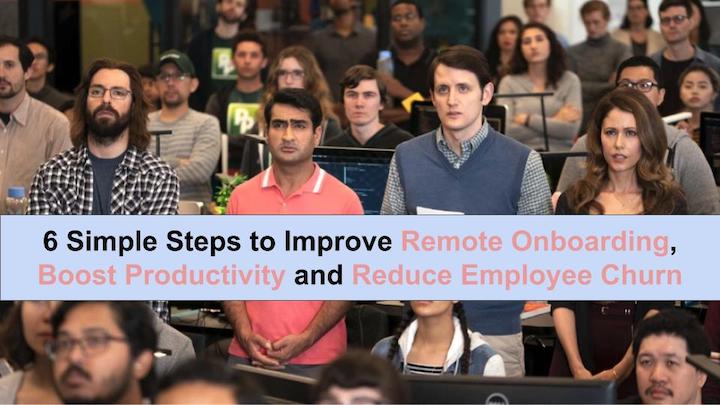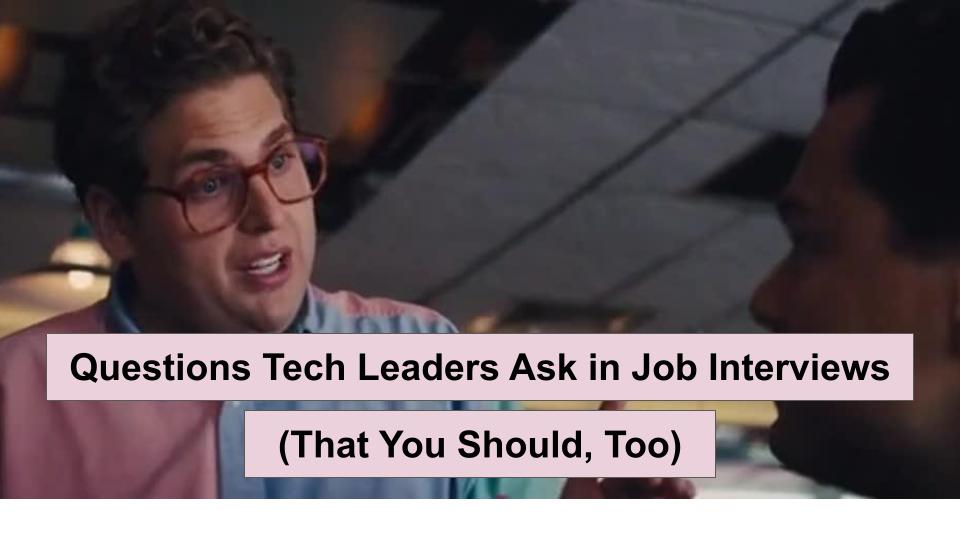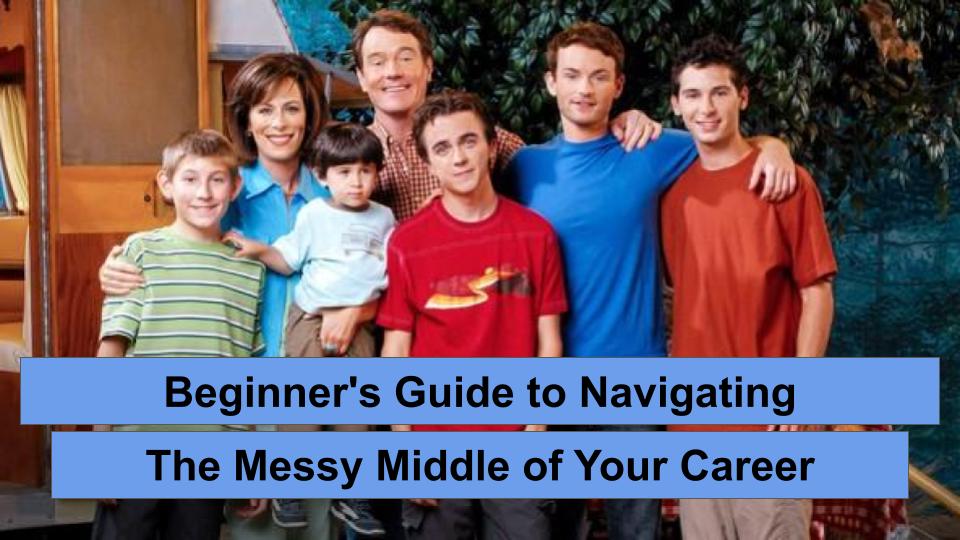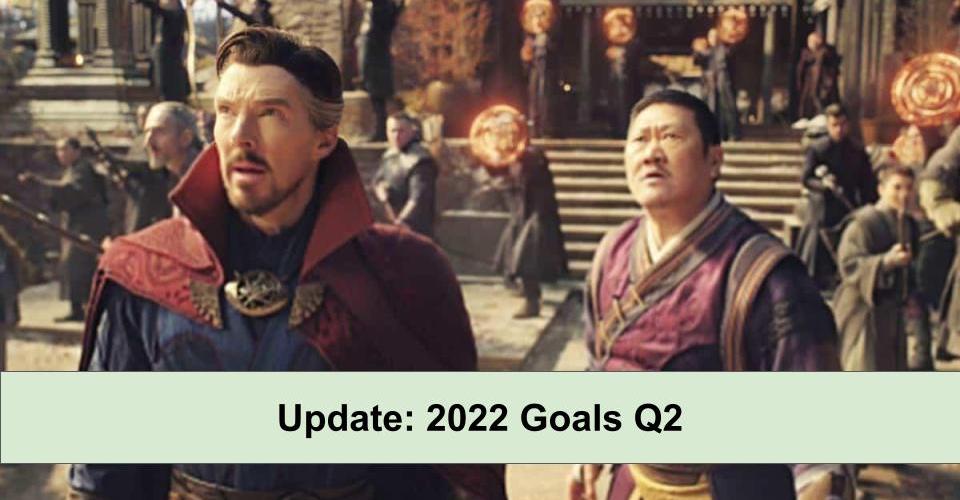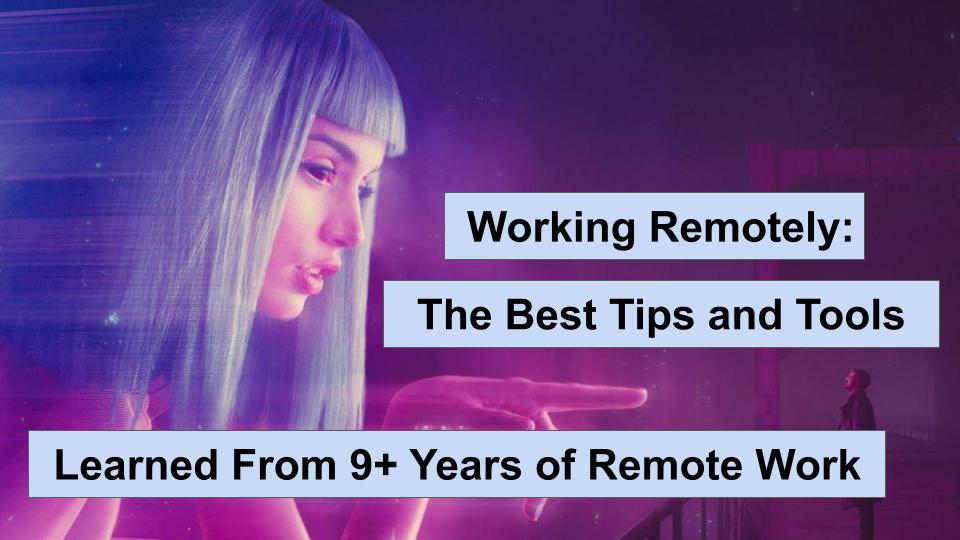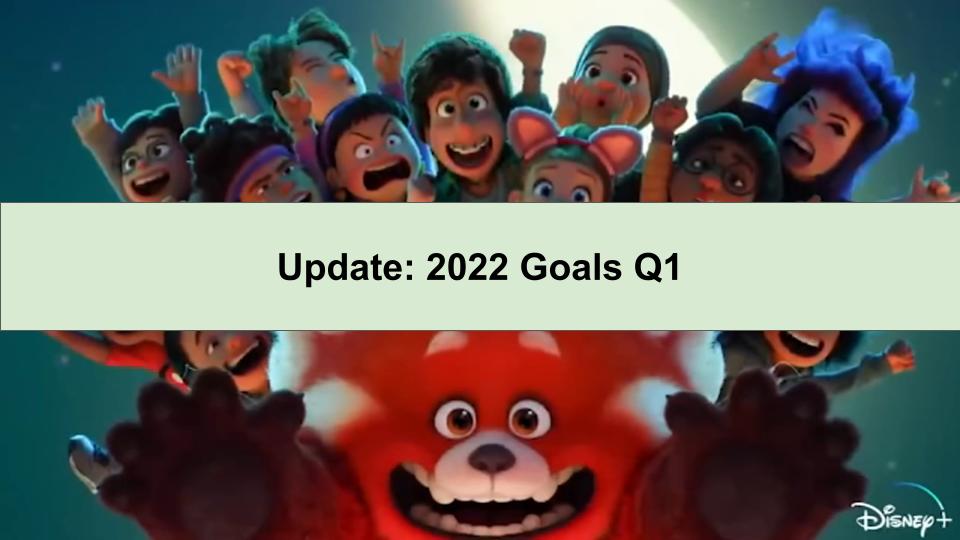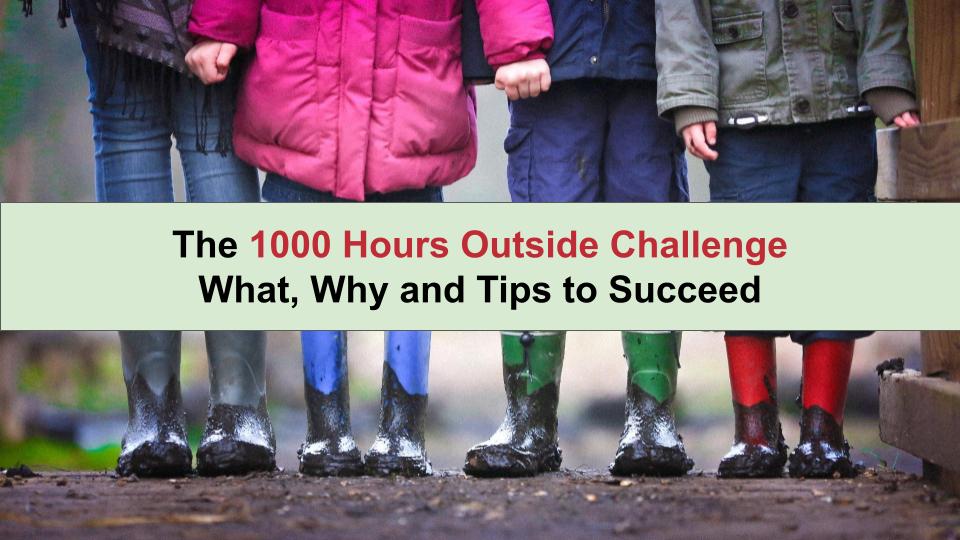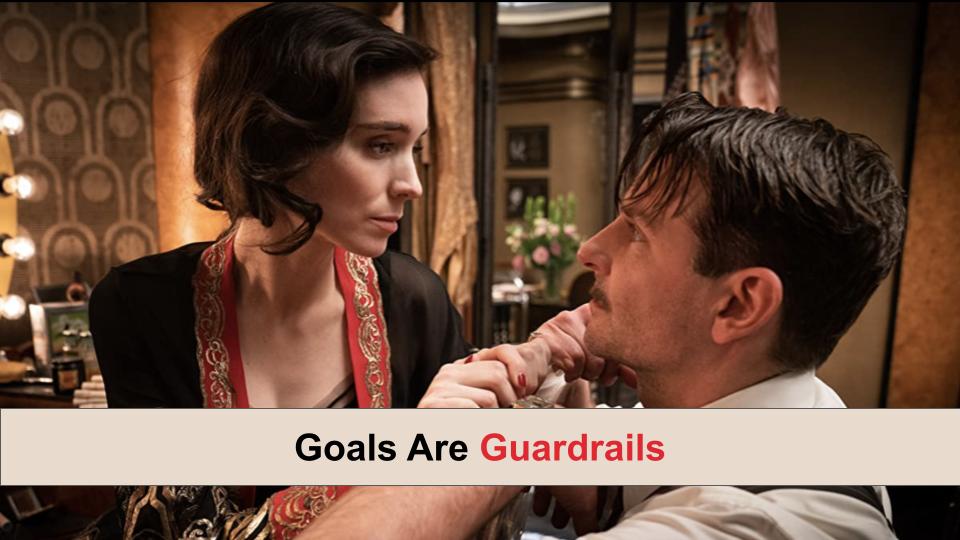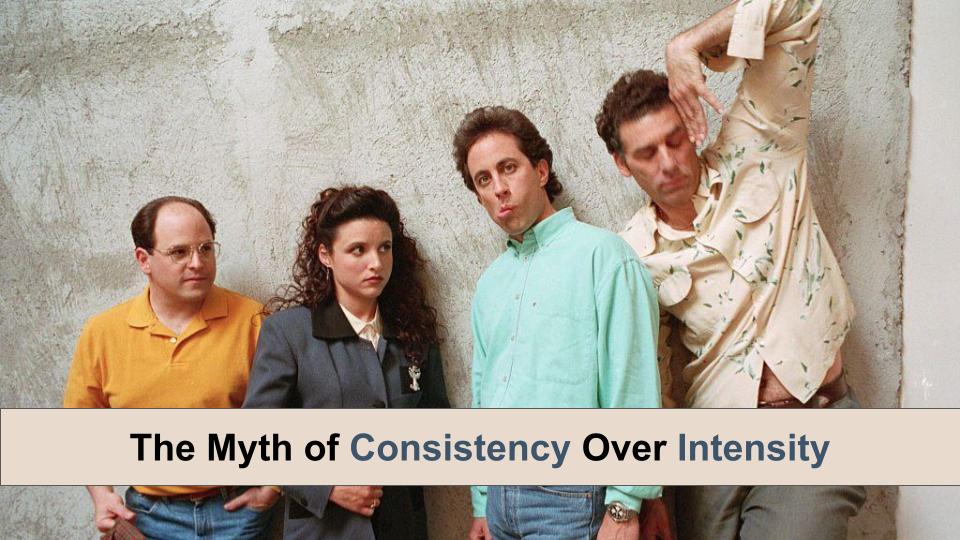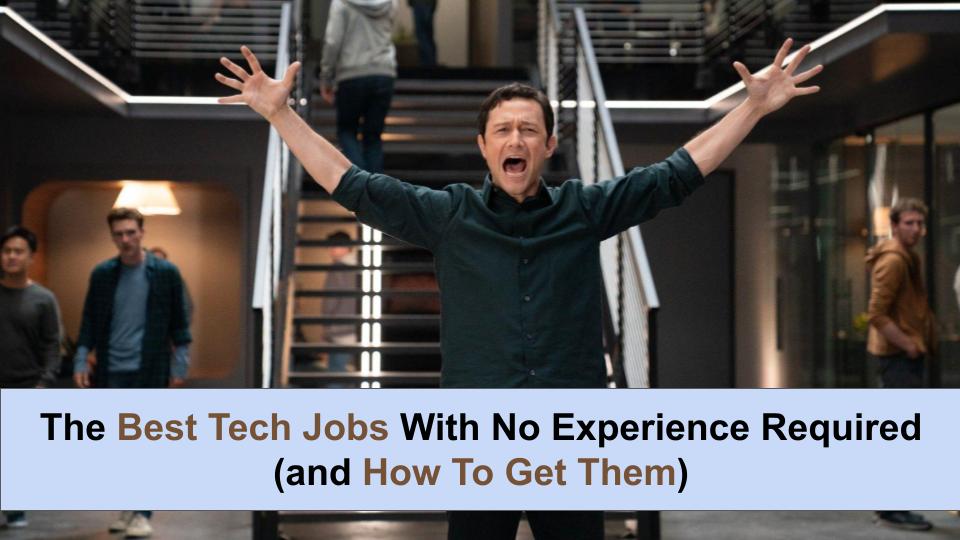I’m going to show you how to build a fantastic remote onboarding experience. This works whether you’re onboarding your first remote freelancer, or you’re looking to refresh your company’s entire onboarding process.
Employees are at their peak motivation during the first few weeks in a new role. They want to make an excellent first impression. Investing in onboarding keeps that motivation and morale high for the long term. This means a happier, more productive team that sticks with you through the highs and lows.
Unfortunately, remote onboarding is still nascent.
There aren’t defined best practices.
At best, companies try to “port over” their IRL onboarding experience but don’t account for working remotely.
Over the last 10+ years, I’ve worked 7 remote work roles. That’s 7 different remote onboardings.
Here are the 6 things that separate good onboarding experiences from poor ones:
